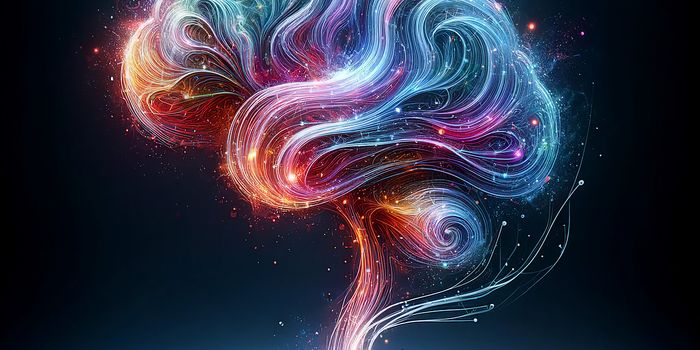Acoustic Decoding of Brain Waves to Detect the Music a Person Is Hearing
Researchers at the University of Essex discovered a for monitoring brain waves that can identify the music a person is listening to. Researchers used a combination of two non-invasive methods - functional magnetic resonance imaging (fMRI) to measure blood flow through the entire brain and electroencephalogram (EEG) to assess realtime brain activity while listening to a piece of music.
Previous studies have successfully monitored and reconstructed acoustic information from brain waves, but many relied on invasive methods such as electrocortiography (ECoG). An ECoG requires placing electrodes inside the skull to monitor the brain’s surface, so combining fMRI and EEG offers a safer, more accurate acoustic decoder.
The research involved the re-use of fMRI and EEG data collected as part of a previous project at the University of Reading. Participants listened to a series of 40-second pieces of simple piano music from a set of 36 pieces which differed in tempo, pitch harmony and rhythm. The data was translated to reconstruct and identify the piece of music using a deeplearning neural network model. The model accurately identified musical pieces 71.8%. Using only EEG data, the researchers identified the music a participant was listening to with a mean rank accuracy of 59.2%
The neural modeling project could lead to helping people with severe communication disabilities by decoding language signals within their brains through non-invasive techniques. This could be revolutionary for stroke survivors and others who have experienced communication difficulties. Researchers are focusing on integrating music technology that use music and brain signals. Since music is a complex acoustic signal with some similarities with natural language, researchers believe the model could be adapted to translate speech and consequently translate thought. According to study author Dr. Ian Daly, “This method has many potential applications. We have shown we can decode music, which suggests that we may, one day, be able to decode language from the brain.” The application of brain-computer interfacing (BCI) can provide a communication channel directly between the brain and a computer for people with severe communication disabilities.
Sources: Eureka News Alert, Georgia Tech, Scientific Reports








